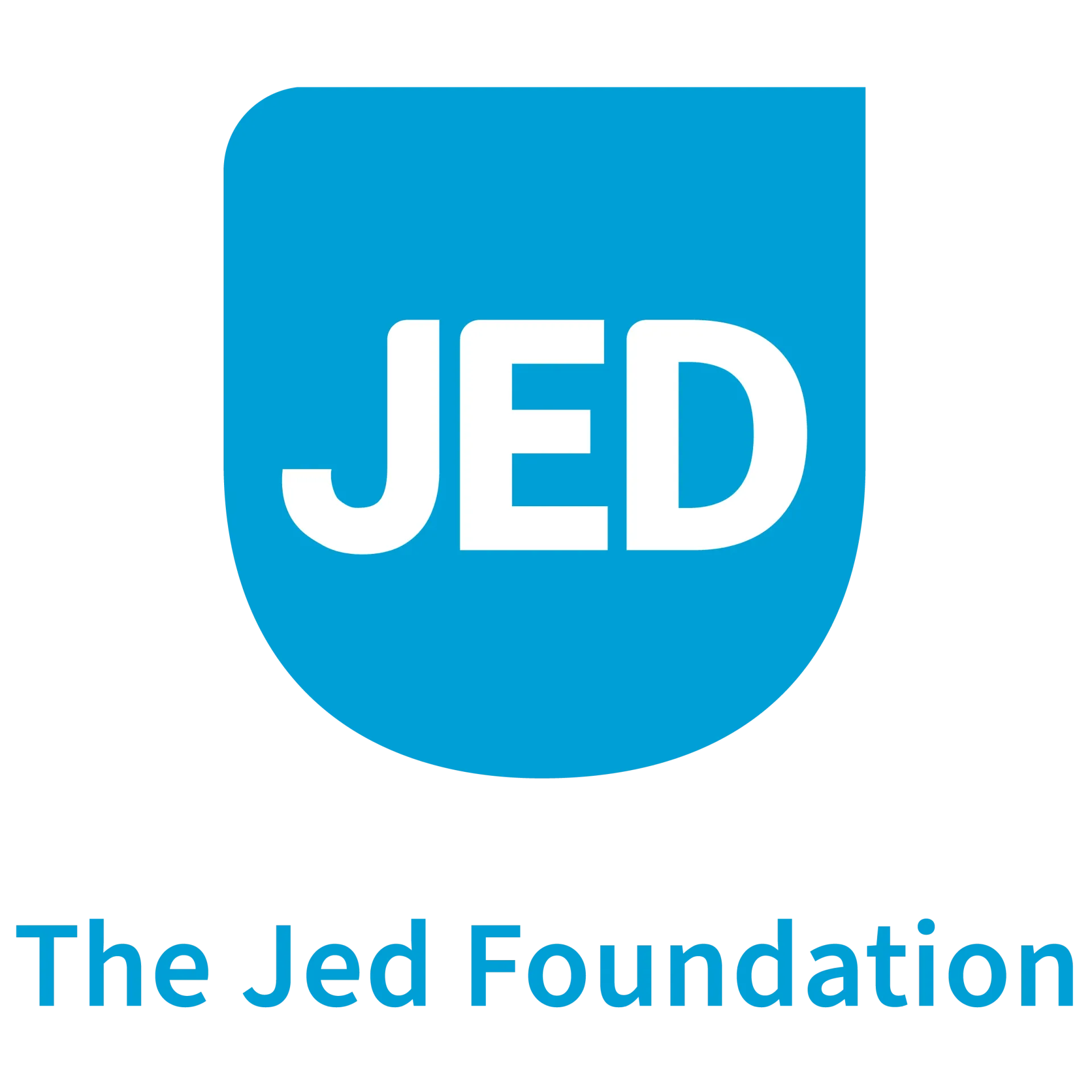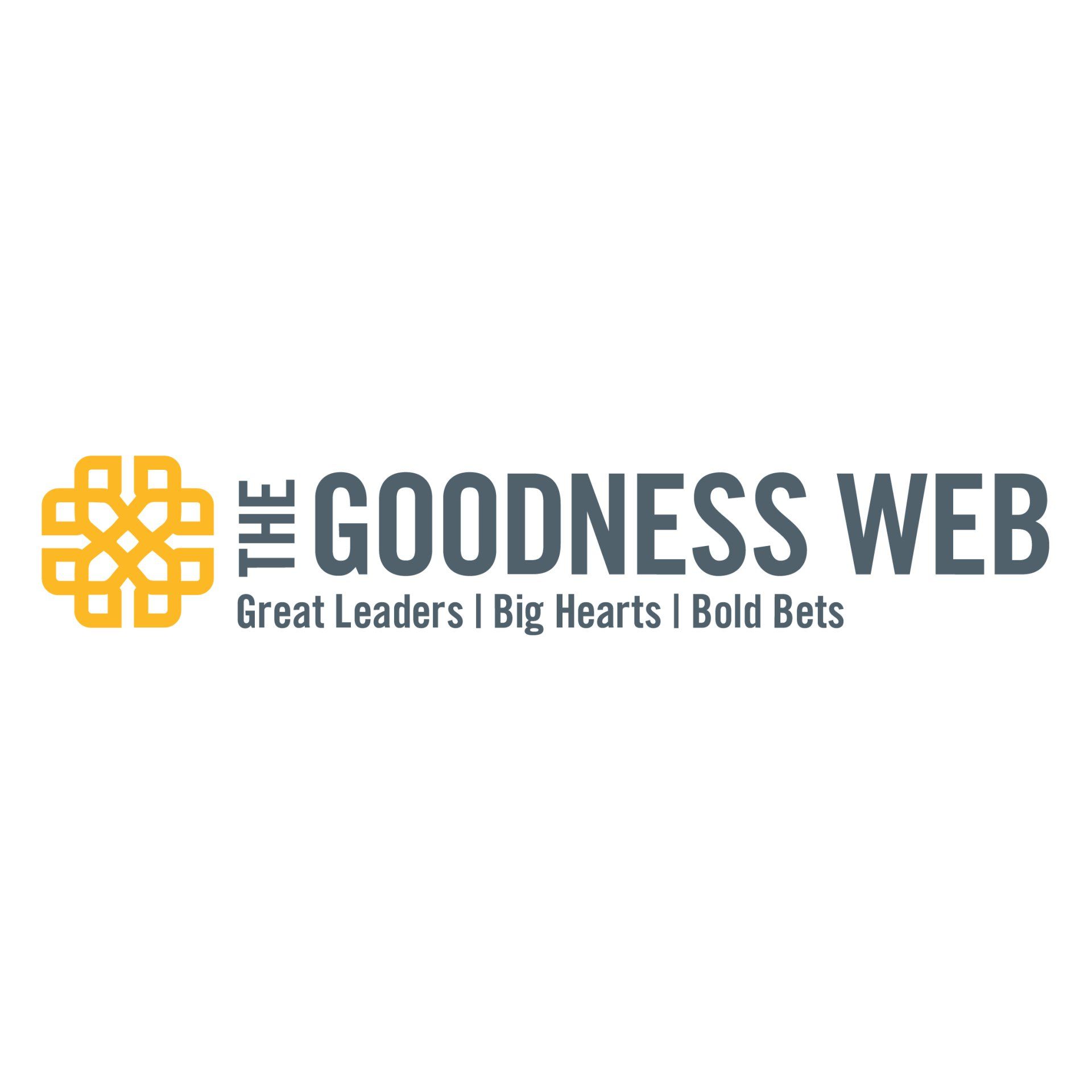It’s really hard to be a human – and even harder to be a teenager. Navigating physical, mental, and emotional changes, while also balancing growing expectations and relationships, is particularly difficult in a tech-centric world. Adults have a responsibility to hear teen voices and respond with empathy.
In a packed ballroom at Thompson Hotel, moderator Kelsey Noonan (Pivotal Ventures, founded by Melinda Gates) led a discussion of how today’s teenagers are faring in our digital world inundated with notifications from devices. “Nuance is required” and the “teenage experience is not monolithic” were overarching themes of the conversation.
Adults have always worried about teenagers, with growing concern regarding newfangled technology. Kyra Kyles (CEO of YR Media, a 30+ year network of young journalists) shared a “doom reporting” headline she’d seen earlier – “Digital Fentanyl” – offering negativity without solution. What adults should do, the panelists agreed, is work with teenagers, not speak for them; give them agency and explain ramifications of their digital behaviors; act as allies; and recognize the importance of connection.
Kyles shared two videos of their essential voices in conversations about technology’s pros and cons. Teens are not waiting for permission slips to utilize available platforms – they’re our culture keepers – and we should support them by showing healthy practices and reality checks.
Katya Hancock (executive director of nonprofit Young Futures) shared statistics painting today’s teens as the “loneliest generation in history”: 50% feel they don’t belong, 25% feel very lonely all or most of the time. Hancock announced a new biannual $1 million commitment and open funding call for orgs working on teen well-being in a tech-driven world.
Emily Weinstein (executive director of the Center for Digital Thriving, Harvard) explained that “tech is an amplifier and accelerator for both highs and lows.” Teens utilize social media like school lunchtime, but the bell doesn’t ring after 30 minutes. It’s nonstop, and more KOMO than FOMO – knowledge of missing out. A kid sees on Venmo or a map that friends gathered for an event, but they weren’t invited. Digital life also entails the burden of empathy: Imagine a friend texts at 10pm during crisis, a teen has to decide between supporting a friend or self-care/sleep.
Still, teens tend to see through a lens of hope, so adults should reframe their approach: Remember slam books? We didn’t ban pens and paper. Perhaps we shouldn’t ban phones, often a lifeline. And teens are not a monolith – race, gender, location, and socioeconomic brackets all create different experiences that extend online.
A few takeaways from teens: utilize Do Not Disturb and reduce notifications, “Look up!,” block/limit apps, listen to music instead, and no phones at mealtime. Solutions from the panelists: Shift self-talk, address thinking spirals/traps, utilize free resources, model behavior. Perhaps the most important takeaway was: You don’t need fancy tools, you can simply work toward building a bridge constructed of empathy and compassion.






